Pahela Baishakh, Halkhata, and memories
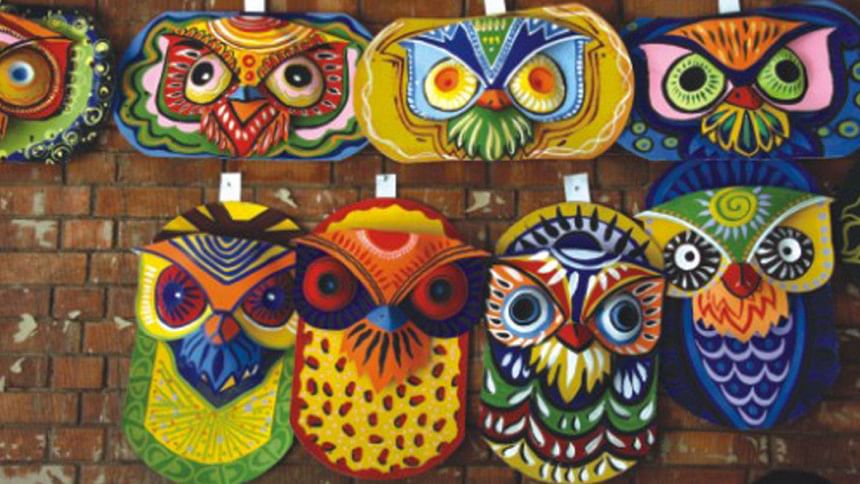
What were Bangla New Year and Halkhata celebrations like back in the '50's or '60's? How did Bangalis welcome the New Year in those days? Were the celebrations similar to as they are today?
In the quest of finding the answers to these queries, I went to my grandfather's younger brother, who was then the oldest living member of our family. Having lived for nearly a century, he has seen it all – how the days have changed over the time, turning gold into ashes.
As I asked him to share his experiences, the old man glanced outside the window. He kept staring at the distant horizon while trying to recollect his memories of the long lost days.
After a few moments of pin drop silence, he returned to the present from his walk down the memory lane, and turned to me.
"Back in those days, things were very simple. Festivities of any sort were celebrated by all – be it Hindus, Muslims, Christians or Buddhists. A rich cultural harmony prevailed among the people. People were genuinely generous and affectionate, and little gap existed between one another," he spoke in a shaky voice.
"On the first day of the year, everyone tried to dress well as far as they could afford. Those who could manage would wear new cloths, and those who couldn't would wear their cleanest set of cloths. The people would come to the village marketplaces early in the morning, and exchange greetings to each other, sometimes have sweetmeat together, and take the children to the village fair."
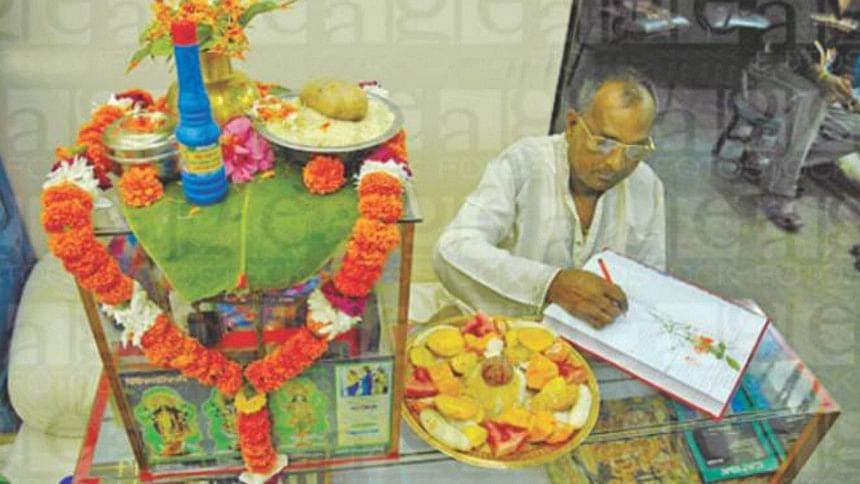
The adults would have a busy day, as it was the 'Halkhata' day. Businessmen would open their shops to welcome new and old customers with New Year's greeting, offer them sweets, while the clients would want to look into their dues and clear them ahead of a new year, he said.
"It was the day when new books of transactions were opened, new deals were made, new clients were gained, and new prospects were discussed, while strengthening the old bonds and ties in the best possible ways," he said.
READ MORE: Pahela Baishakh being celebrated
Everyone believed in the power of reputation in business, and the good thing was that they all sought honest means to earn it, he added.
"To the children, it was a day they sought for the whole year, as there were big fairs where they could buy things they loved to play with, ride on ferris wheel, have sweets and pickles, and spend a day far from the books and close to the games."
READ MORE: Cultural construct of Pahela Baishakh
"And there were circus and Jatra troupes coming to the village where the people would form long queues to watch the games of trapeze or with the tamed animals like lions and tigers, or form crowds around the stage to watch the actors boldly portray their roles in the most dramatic way," he kept on saying as his lustrous eyes glistened with a drop of tear accumulating there.
He took a brief pause, and it seemed I could hear a sigh. Another few moments of silence swept past us, before he began his story again.
"The time isn't the same anymore, it has changed so much that I often feel miserable being a witness of both sides of the coin. I have seen the colonial times, I lived through the Pakistan period, I have taken part in the Liberation War, and now I am living in Bangladesh. My place hasn't changed in all these 90 or more years, my livelihood hardly changed, yet the world around me seems to have transformed, as I often feel lost in time and could hardly recognise anything."
READ MORE: Festivity all around
The festivities are no longer observed with the same fervors like it was in the past. "It has become more colourful, as your attires and the decorations would suggest, and I am saying that being part of it as I still live, and let me tell you, it doesn't feel the same anymore."
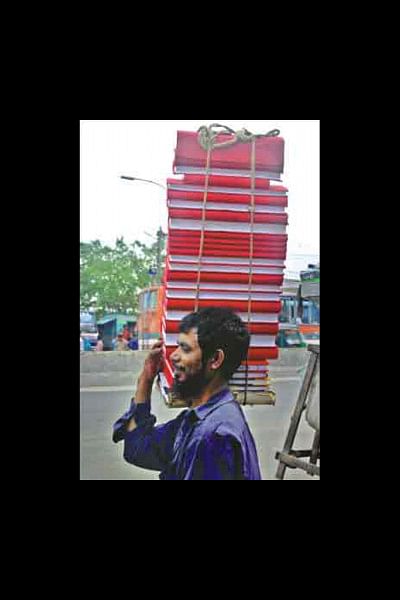
Only a few of the businesses, mostly those which were family businesses, observe 'Halkhata' these days, only in an attempt to maintain the traditions. The trends have changed, modes of businesses have changed, and thus building bridges of business relations are no longer done in the same way, he said.
"In some cases, it is observed in the name only, however, the ways of observing it are different," he said.
"About Pahela Baishakh, a lot of things seem so unfamiliar. Now-a-days I sometimes hear Pahela Baishakh makes no sense without 'panta bhaat and ilish maach'. Where did you get that idea I often wonder. Yes, we did try to have good food on that day in our times too, but it did not necessarily have to be 'panta bhaat and ilish maach' and not anything else."
READ MORE: Melay Jairey and Baishakhi thoughts
"The significance of the day was more sacred, as it truly reflected the harmony between all the communities that existed back then, and made us believe in it. But times have changed, and the ways this auspicious day is celebrated are no longer the same today."
He became silent, and a shadow of sadness shrouded his face, which he turned away again to gaze at the distant horizon outside the window. May be that is where he finds his solace.



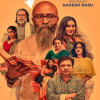
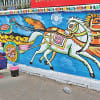
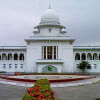

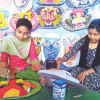

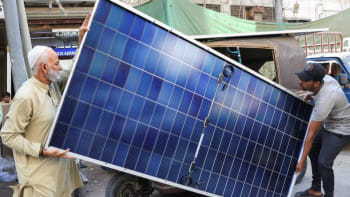
Comments